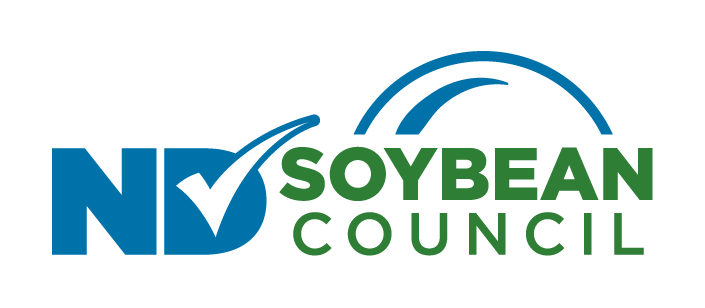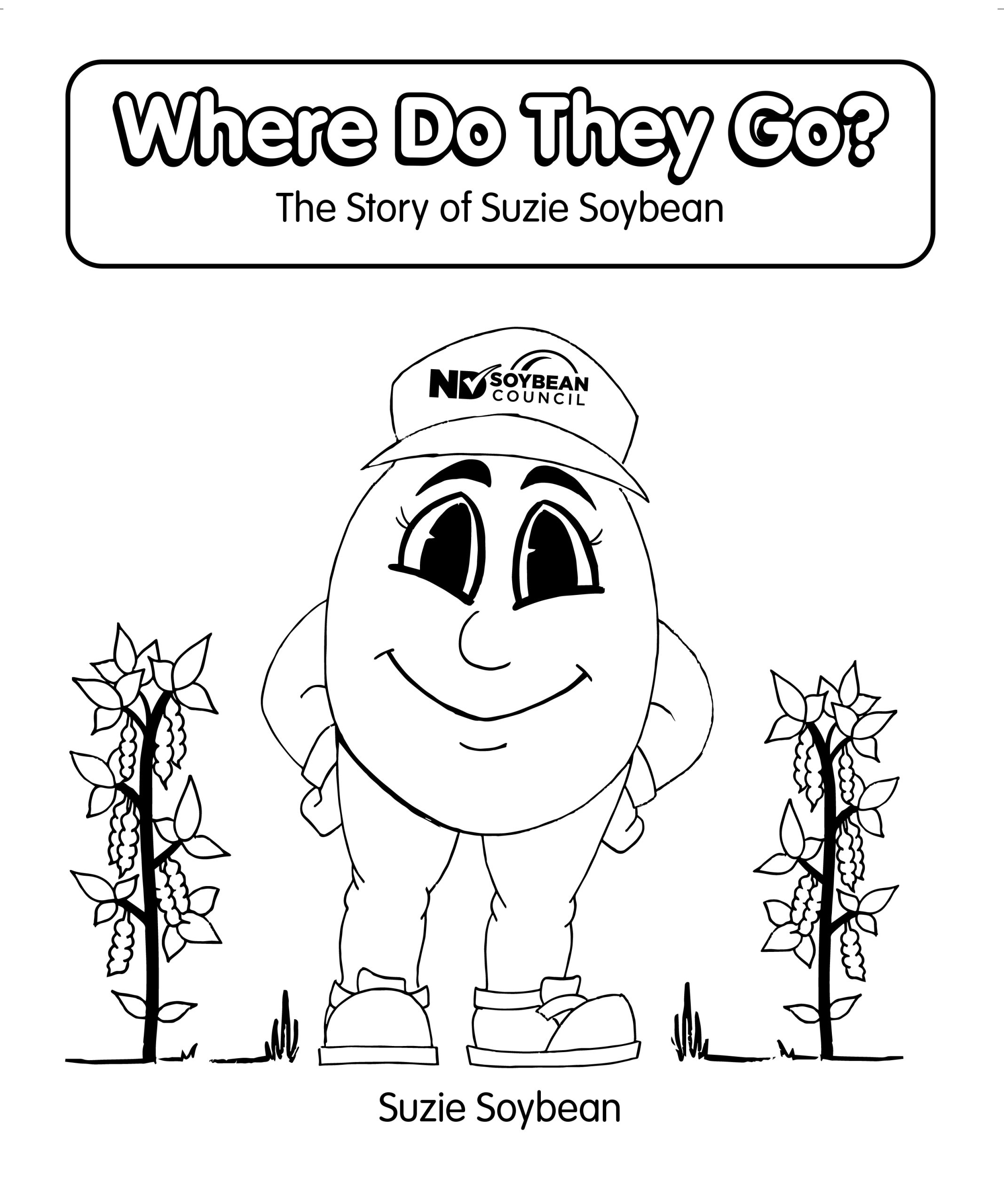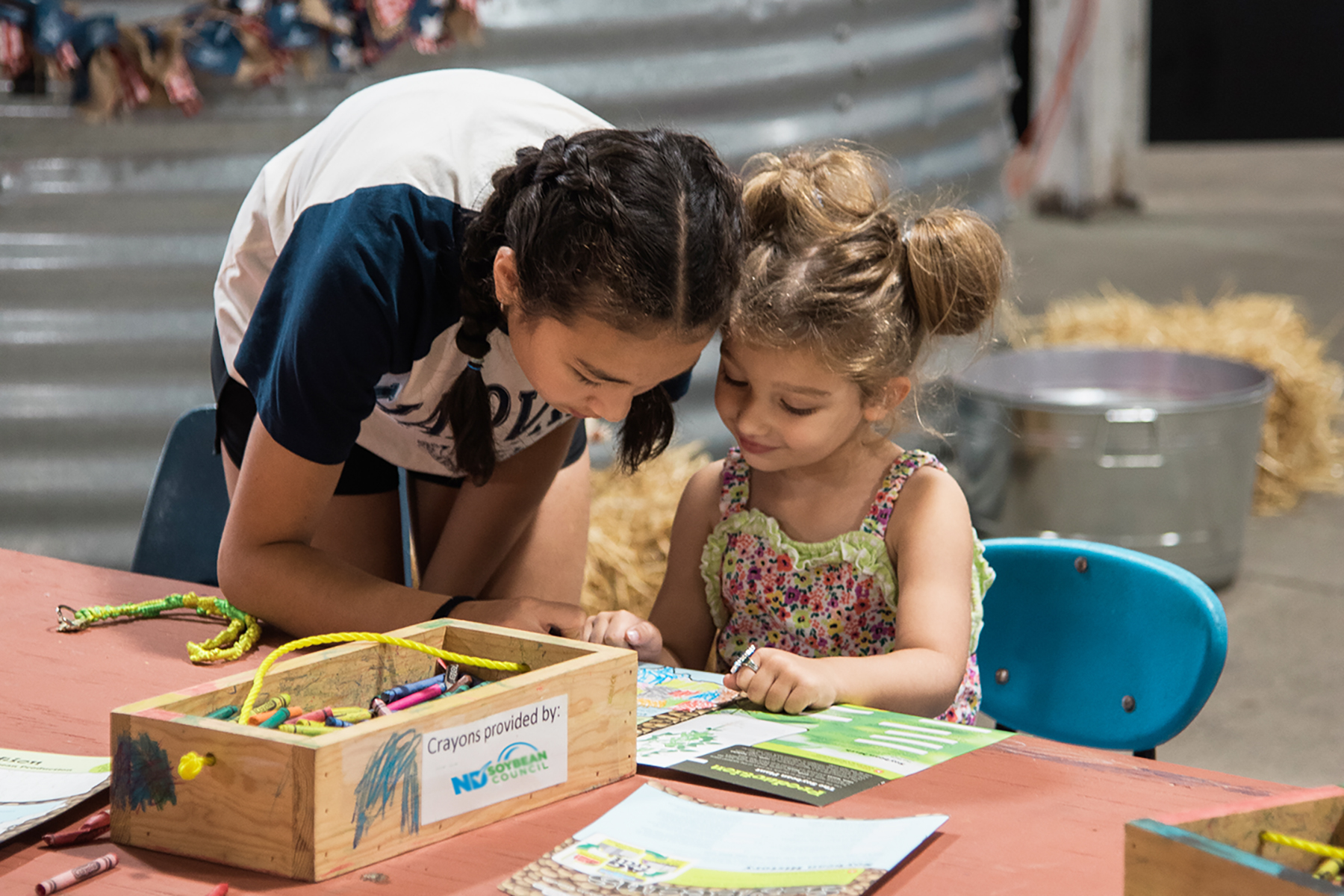
Educational Resources
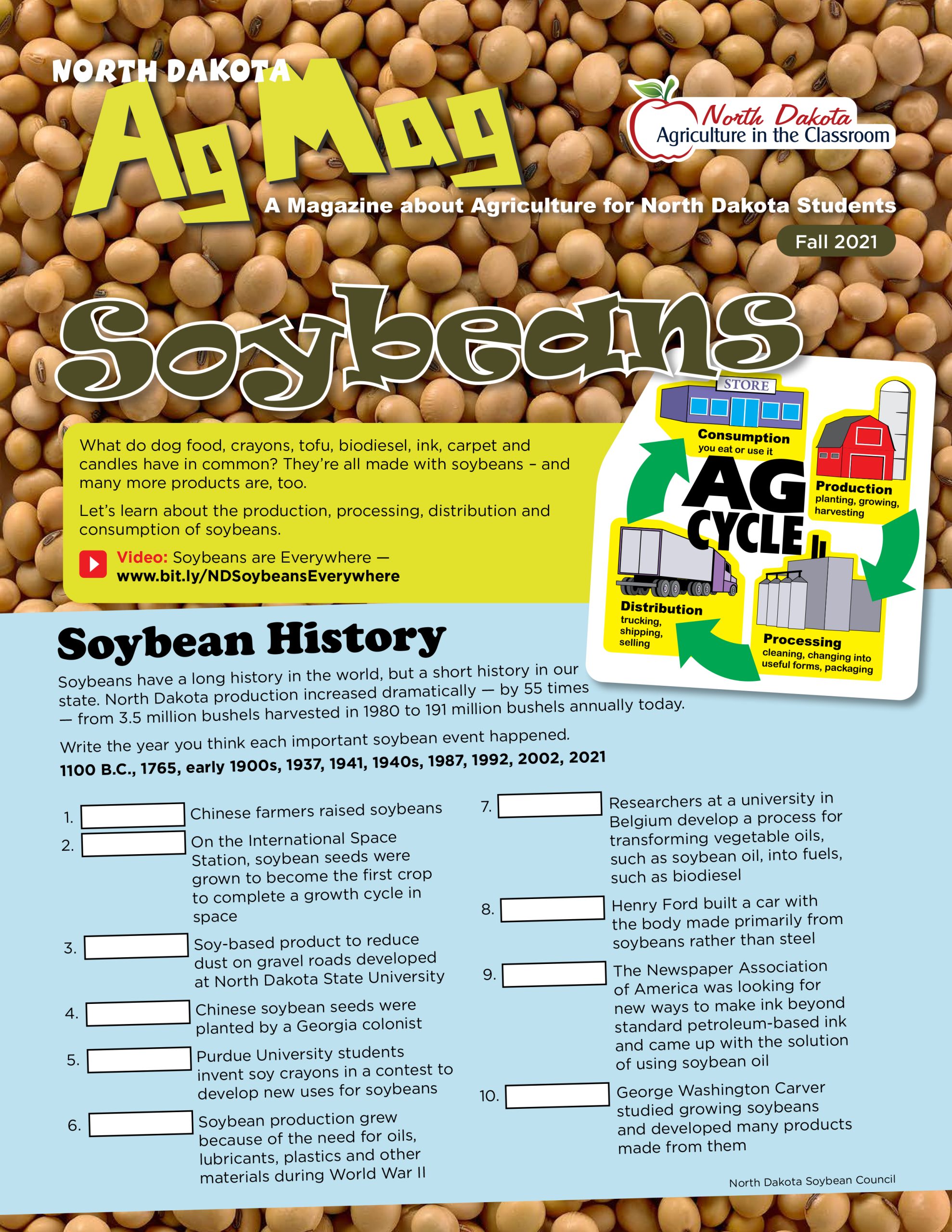
The Ag Mag’s information and activities are geared toward the state’s third-, fourth- and fifth-graders. This magazine is one of the N.D. Agriculture in the Classroom Council activities that helps students learn more about North Dakota agriculture in science, math, language arts, social studies and other classes.
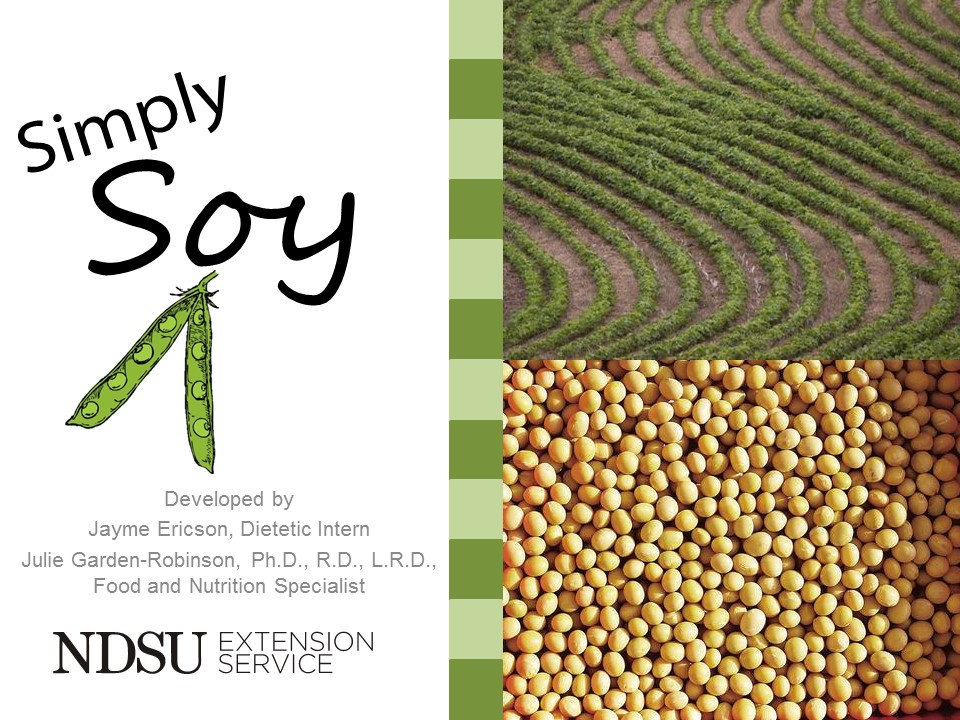
Simply Soy
North Dakota State University Extension offers the Simply Soy teaching package. Supported by the NDSC and soybean checkoff Simply Soy provides educators and others with resources to help teach about the many uses of soybeans including in human nutrition.
Click here for Simply Soy Teaching Package.
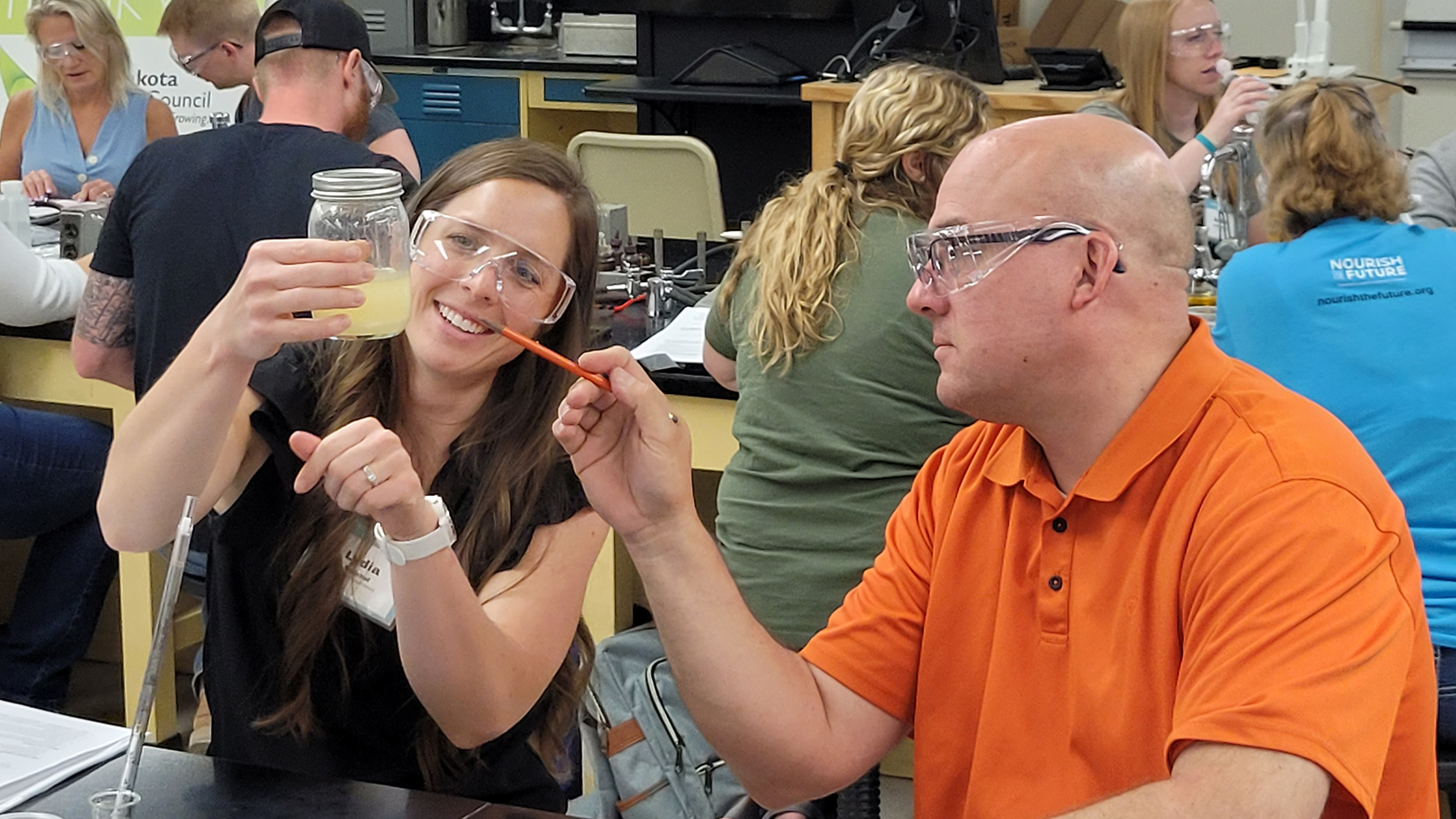
ND Soybean Council’s Educational Mini-Grant Program
The North Dakota Soybean Council (NDSC) is now awarding grants to elementary, middle, high school teachers; the awards are worth up to $500 and will be awarded on a competitive basis to support lessons related to soybeans or soy products.
Learn more at https://ndsoybean.org/ndscs-education-mini-grant-program/.
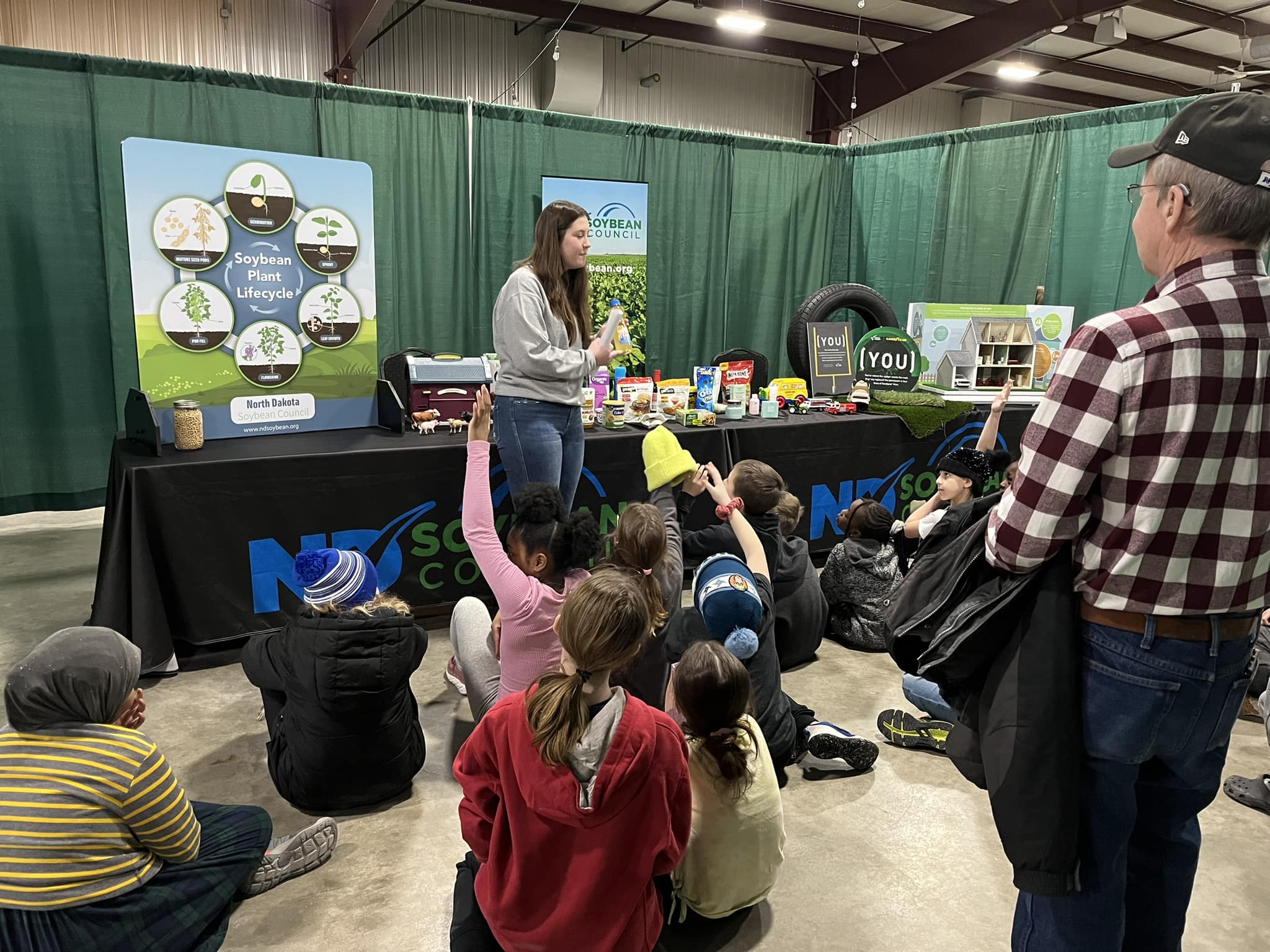
Living Ag Classroom
Agriculture is all around us in North Dakota, yet many people don’t know all the ways farming and agriculture impacts their lives. The North Dakota Soybean Council supports the Living Ag Classroom, which educates elementary school-aged children on the diversity of agriculture in the state of North Dakota, and its role in feeding the nation and the rest of the world.
The Living Ag Classroom typically holds events at several locations to connect with fourth graders from across North Dakota. Virtual events were held in 2021 and the Living Ag Classroom materials can be found online at bit.ly/livingagclassroom
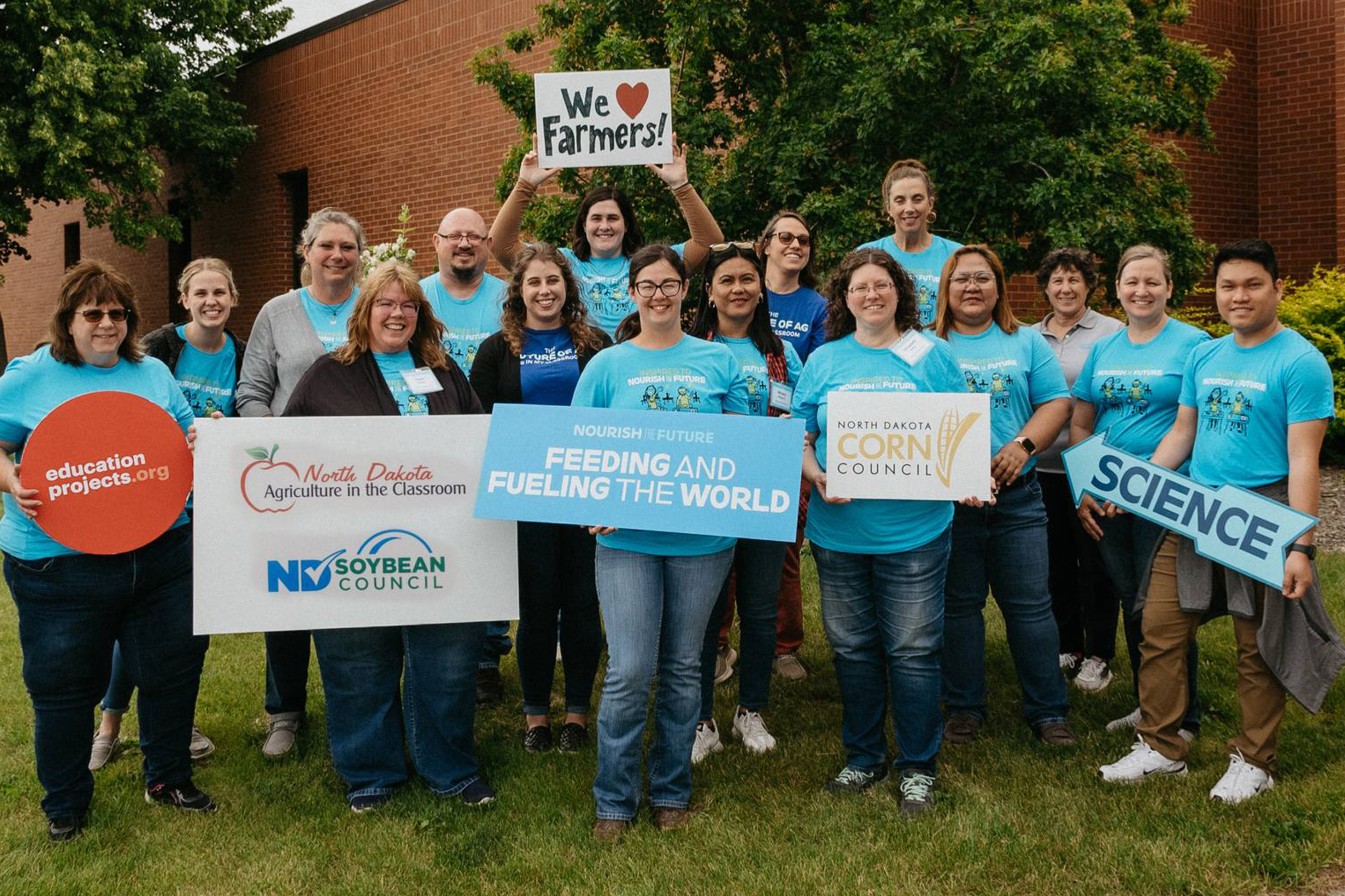
Feeding and Fueling the World Workshop
The North Dakota Soybean Council partners with Nourish the Future to host the Feeding and Fueling the World Workshop. The workshop engages environmental, chemistry and biology teachers and biotechnology instructors in hands-on, inquiry-based lessons focused on integrating science in modern food production into their classrooms and career technical education programs.
The goals for teacher education will include:
- Discuss impacts of modern farming practices on soil and water system.
- Explore the scientific basis of biotechnology uses in agriculture.
- Produce biofuels to understand how fuel production mitigates climate change and increases energy independence.
- Understand the impact of food production on environmental issues, sustainability, and nutrition around the world.
- Increase awareness of careers in the industry.
To learn more, visit www.nourishthefuture.org. North Dakota middle school and high school science teachers interested in participating in future workshops, please email Shireen Alemadi at salemadi@ndsoybean.org.
